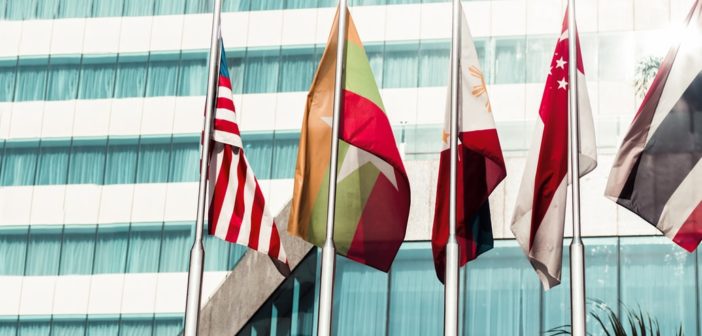By Tayhana Taylor, World News Editor
I have always perceived the United States as the “land of the free.” To be in a space where free speech is celebrated is very different for me because in Jamaica, where I am from, speech is not so “free.” It is indeed a privilege for Americans to be able to freely voice their opinions through protests, strikes, or even snarky social media posts about a policy or politicians they may disagree with. This sense of liberty is not universal.
Free speech to me is a form of liberation that enables people to express themselves through their words. According to Jamaica’s constitution, “All persons in Jamaica are entitled to the right to freedom of expression and the right to seek, receive, distribute, or disseminate information, opinions, and ideas through any media.” Sometimes there can be a limit placed on how much a person can “express” themselves through words. In April 2020, a man posted a video on his social media page using derogatory words and bashed the Prime Minister, Andrew Holness, for implementing strict curfew measures. Shortly after the video went viral, this man was arrested, and later fined a fee of 60,000 JMD (400.00 USD) for breaking curfew measures—followed by a public apology to Holness.
But in the United States where “cancel culture” has become popular via social media platforms like Twitter, Facebook, and so on, people can simply slander politicians with little to no repercussions. People with leftist and rightist ideologies often clash on social media as both sides use their “free speech” to express themselves—regardless of the uproar and chaos that may follow.
In my opinion, having free speech gives the voiceless and underprivileged people in society a voice. It somewhat levels the playing field between those who are privileged and those who are not. However, a person should not use the advantage of having free speech to harm others. Free speech should come with some levels of accountability and censorship.
By Crystal Smith, Managing Editor
Today in America, free speech is a right afforded to every citizen regardless of age or gender. According to research, in the United States, freedom of speech is more widely accepted than in any other country. A 38-nation Pew Research Center survey conducted in 2015 revealed that Americans are most supportive of everything that constitutes free speech. This includes freedom of the press and the right to use the internet without government censorship.
With this in mind, it is safe to mention that my perception of what frames free speech in the United States is entirely different from what is considered free speech in many other international countries.
To elaborate, exercising free speech, in my opinion, is a form of freedom that allows a person to express their emotions verbally. In The Bahamas, where I am from, people cannot freely express this constitutional right. Social and political protests are discouraged, while coercion and abuse of law enforcement power ensure that protests and rallies are kept at an all-time low.
However, in America, Americans can voice their political opinions, whether appropriate or not, through protests, social media posts, rallies, and sometimes even riots. This liberty is not extended in many other international countries like Jamaica, The Bahamas, and Dominica. People are arrested and mishandled in an attempt to curve the rate of people who freely express their opinions, whether they are political or not.
For instance, a few months ago in The Bahamas, numerous outraged citizens gathered to protest against policies made by the country’s leader. Instead of this exercise of free speech being supported, it was reprimanded, and those who refused to be silenced were arrested or threatened with the reality of being arrested.
The American perception of free speech is genuinely considered a privilege in the eyes of an international individual!





